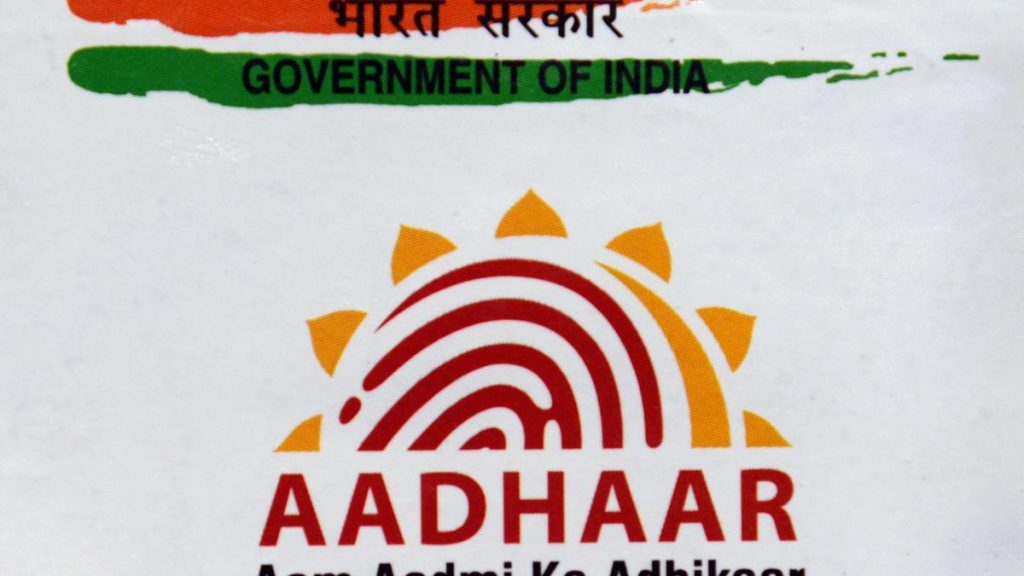Now Reading: Jane Street Challenges SEBI’s Market Manipulation Allegations
-
01
Jane Street Challenges SEBI’s Market Manipulation Allegations
Jane Street Challenges SEBI’s Market Manipulation Allegations

Quick Summary
- Entity Involved: US-based global trading firm Jane Street is contesting charges by SEBI, India’s market regulator.
- Charges: SEBI accused Jane Street of manipulating Indian benchmark indices,specifically the Bank Nifty index,for profit using coordinated trading strategies in cash and derivatives markets.
- Regulatory Action: SEBI has barred the firm from trading in India and seized $567 million of its assets after a two-year examination.
- Company Statement: Jane Street claimed SEBI’s allegations are “deeply upsetting” and mischaracterize their actions. The firm stated it modified its trading practices to address SEBI’s concerns but was rebuffed when attempting further communication.
- Investigation scope: Sources indicate SEBI has expanded its probe into other indices and exchanges linked to Jane Street’s activities.
- Market Context: The case brings attention to India’s leading role in global equity derivatives volumes (60% share) amid mounting worries over market manipulation risks.
Indian Opinion Analysis
The allegations against Jane Street serve as a notable test for India’s financial regulatory framework. With the country emerging as a global leader in equity derivatives trading, maintaining market integrity is critical to ensuring sustained investor confidence both domestically and internationally.
SEBI’s decision to bar such a major international player signals an assertive approach toward addressing alleged manipulation, but controversies like this underline the challenges regulators face when dealing with algorithmic traders who employ complex strategies across multiple asset classes. While Jane Street claims repeated attempts at dialogue were unsuccessful, broader clarity between regulators and institutional entities may be needed for effective conflict resolution.
Additionally, as the investigation widens beyond Bank Nifty-linked trades to other indices or exchanges, it highlights growing scrutiny over systemic risks posed by global firms engaging deeply in emerging markets like India.This situation could lead policymakers and stakeholders to revisit rules governing high-frequency algorithmic trades while reevaluating mechanisms for cross-border regulatory cooperation.
From an investor outlook, these developments underscore both opportunities within India’s expanding derivatives market and also caution about possible vulnerabilities that need swift remediation.Read More

























